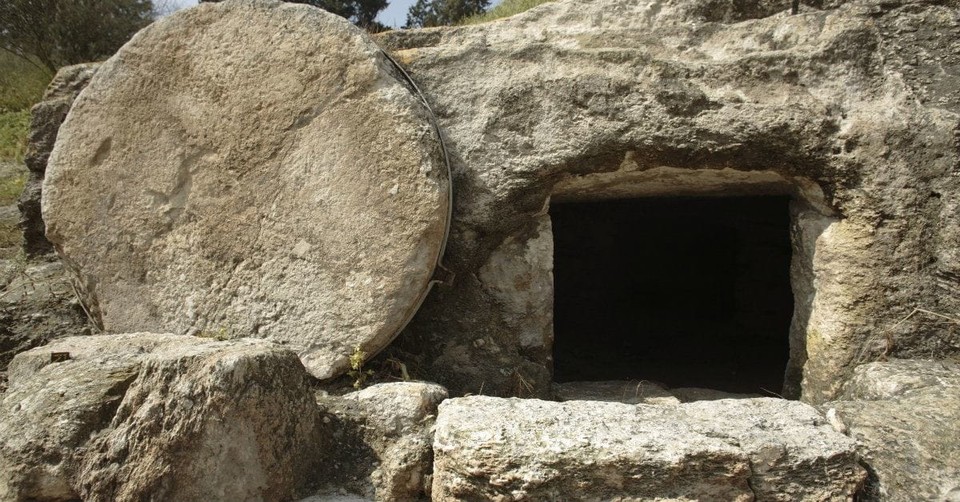What Is the Meaning of BC and AD? What Does Jesus Have to Do with It?

What Does BC and AD Mean?
While most believe AD stands for after death, it actually comes from the Latin phrase “anno domini” which means “year of our Lord”. Dionysius believed, perhaps rightly, that history should be divided by the greatest event in human history; namely, the birth of Jesus Christ. Thus all the time after the birth of Christ became known as AD and all of history before the birth of Christ was labeled BC for “before Christ” (an addition that Bede made in the 700s).
A monk named Dionysius thought it was wise to change from previously used dating system, most commonly what was the start of the Roman Empire.which marks time by the start of the Roman Empire. The year was Diocletian 247 when Dionysius decided to update the calendar to reflect the birth of Jesus. So one year it was Diocletian 247 and the very next year it became AD 532.
Dionysius dating system was not fully adopted until the Middle Ages when Charlemagne used it throughout his Empire. But even still, during the Reformation and Renaissance periods many used “AD,” “Christian era,” and “common era” interchangeably. But eventually, the AD/BC way of marking history won the day and remained mostly unchallenged in the West until the late 21st century. In recent days it has become common practice to use the abbreviations CE (common era) and BCE (before common era) to mark history. The dates remain the same but the religious connotations are removed. In 2011 the BBC fully adopted using BCE to mark history; their explanation gives a good representation of the reasons for the change:
As the BBC is committed to impartiality, it is appropriate that we use terms that do not offend or alienate non-Christians. In line with modern practice, BCD/CE (Before Common Era/Common Era) are used as a religiously neutral alternative to BC/AD. (Source)
In 2000 Southern Baptists made a resolution urging for the continuation of the traditional calendar. The reasoning within the resolution was that the “practice is the result of the secularization, anti-supernaturalism, religious pluralism, and political correctness pervasive in our society”. That certainly seems to square with the decision of the BBC to adopt CE/BCE, though I’m not confident we can say this is always the motivation.
So how should the Christian respond? Is it okay to use CE/BCE to mark history, or is this capitulating to culture and dishonoring Christ? Here are a couple of things to consider when engaging an issue such as this one.
1. Is AD/BC in the Bible and Biblically Correct for Dating?
The doctrine of the sufficiency of Scripture touches on this issue. Wayne Grudem helpfully defines the doctrine:
"The sufficiency of Scripture means that Scripture contained all the words of God he intended his people to have at each stage of redemptive history, and that it now contains all the words of God we need for salvation, for trusting him perfectly, and for obeying him perfectly." (Systematic Theology, 127)
An implication of this doctrine is that we do not have the right to call something sin that is not forbidden by Scripture, either explicitly or by implication, and also that we are not required to do something unless the Scriptures require this of us. The biblical writers knew nothing of the Dionysian calendar. Therefore using AD/BC for our dating system is not biblically binding. You can, in freedom, use CE/BCE for your calendars if it is your preference.
Scripture does speak about Christ being the one of whom all of history is divided. Revelation 5 teaches this much. He alone can open the scrolls, which means he alone can move along history. And we know from what Christ said on the road to Emmaus that all of Scripture and all of history are to be viewed through the lens of His person and work. So even if you do not use AD/BC as the dividing point on your calendar your biblical worldview must reflect this conviction.
2. What Dating Should Christians Use?
While Scripture is clear that we ought not to engage in foolish controversies, we must be careful not to assume that everything which causes controversy is foolish. I appreciate these wise words from Douglas Wilson:
"Whenever we get to that elusive and ever-receding 'hill to die on,' we will discover, upon our arrival there that it only looked like a hill to die on from a distance. Up close, when the possible dying is also up close, it kind of looks like every other hill. All of a sudden it looks like a hill to stay alive on, covered over with topsoil that looks suspiciously like common ground. So it turns out that surrendering hills is not the best way to train for defending the most important ones. Retreat is habit-forming."
I believe this is what that earlier Southern Baptist resolution was pointing to when they said,
“WHEREAS, The traditional method of dating is a reminder of the preeminence of Christ and His gospel in world history; and WHEREAS, This retention is a reminder to those in this secular age of the importance of Christ’s life and mission and emphasizes to all that history is ultimately His Story.”
Perhaps we should strive to keep a reminder on our calendars that Jesus Christ is the focal point of history. G.K. Chesterton once advised not to move a post unless you know why that post was there. It’s a great reminder that even though we do not bow to tradition, it is important. We should not mess around with tried and true traditions without at least knowing why and what we are changing. Perhaps CE/BCE is a better way of dating our calendars for missional purposes, or maybe it isn’t. Regardless we must use wisdom and love for one another as we engage issues of preference such as this one.
3. Jesus Divides History
This is where we have to admit that this is an area which requires wisdom and personal freedom. This particular topic might best fit within a conversation on disputable matters, a la Romans 14. We should not bind the conscience of those who see this as a non-issue nor should we attempt to discourage those who do see this as a significant issue.
At the end of the day, we must all say that Jesus does divide history and that truth needs to be reflected in our hearts even if it isn’t necessarily reflected on our calendars.
Mike Leake is the Lead Pastor at FBC Marionville in Marionville, Missouri. He is currently pursuing his M.Div. at Southern Baptist Theological Seminary. Mike is married to Nikki, and they have two children, Isaiah and Hannah. You can follow him on Twitter @MikeLeake.
Photo credit: ©Thinkstock/motimeiri
Originally published October 05, 2018.







